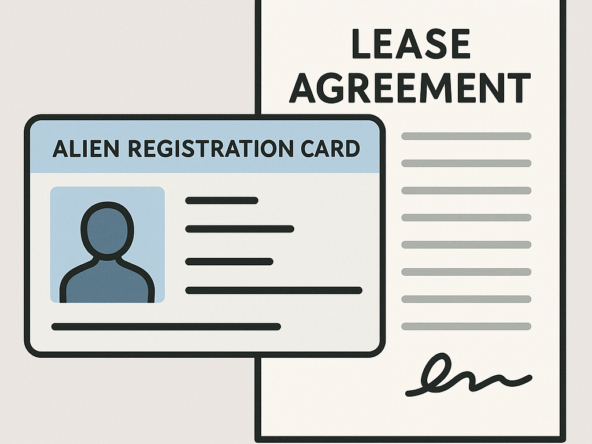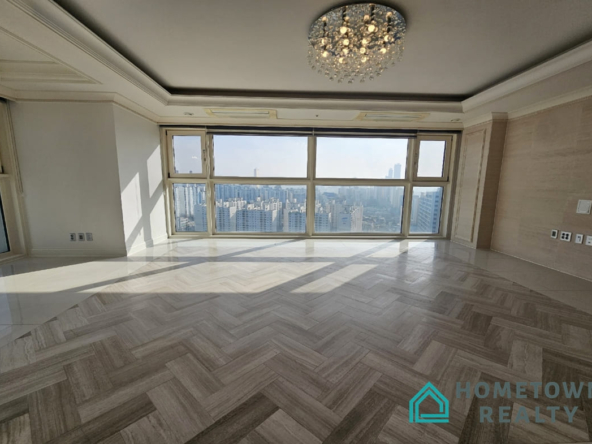One of the most frequently asked questions by expats and newcomers is:
“Why are rental deposits in Korea so high?”
Unlike many Western countries where small deposits and monthly rent are the norm, the Korean housing market operates with large security deposits, especially under the unique jeonse system. Here’s why.
The Jeonse System: Rent-Free Living with a Large Deposit
In Korea, the jeonse (전세) system allows tenants to live without paying monthly rent by offering a large lump-sum deposit, usually ranging from tens to hundreds of millions of KRW. This deposit is fully refundable at the end of the contract, making it an alternative to monthly rent.
Even in wolse (월세), or monthly rental contracts, deposits remain high. A common rule of thumb:
Every KRW 100 million in deposit reduces monthly rent by about KRW 400,000.
From the landlord’s side, this KRW 100 million can be invested or saved. At a 4% interest rate, it generates around KRW 4 million per year, equivalent to the rent they’re giving up. In this way, the deposit acts like an interest-free loan, replacing rental income.
Landlords Use Deposits to Reduce Financial Risk
Korean law does not allow landlords to check tenant credit scores, employment status, or bank statements — unlike in many other countries.
Also, eviction is extremely difficult. In most cases, landlords must wait over 6 months of unpaid rent before filing an eviction lawsuit (명도소송).
As a result, landlords see the deposit as a form of collateral. Even when the tenant pays monthly rent, landlords often require a deposit equivalent to at least 12 months’ rent, just in case they stop paying.
A low deposit means high risk.
If something goes wrong, landlords may spend months collecting no rent — with no legal power to act.
Legal & Financial Systems That Support High Deposits
Korea’s legal infrastructure protects both landlords and tenants when it comes to large deposits:
- Jeonse rights (전세권) and priority repayment are enforceable in court
- Rental deposit insurance is widely available
- Tenant protection laws help ensure that deposits are returned safely
These systems allow landlords to accept high deposits confidently, while also ensuring that tenants are not exposed to unfair risk.
Cultural Preference for One-Time Payment Over Monthly Rent
Many Koreans, especially in previous generations, preferred to avoid monthly rent altogether. The idea of “paying once and living rent-free” was attractive — leading to widespread use of jeonse and elevated deposit expectations even in monthly rent contracts.
Conclusion: It’s About Balance, Not Just Money
The high rental deposit in Korea is not just a financial oddity.
It reflects the interplay of legal limitations, financial strategy, and cultural norms in the Korean housing market.
With no credit screening and delayed eviction rights, landlords rely on deposits for security.
At the same time, jeonse allows tenants to live rent-free, turning the deposit into a functional replacement for rent.
If you’re planning to rent in Korea, understanding this system is essential — not just for budgeting, but for knowing why the market works the way it does.




